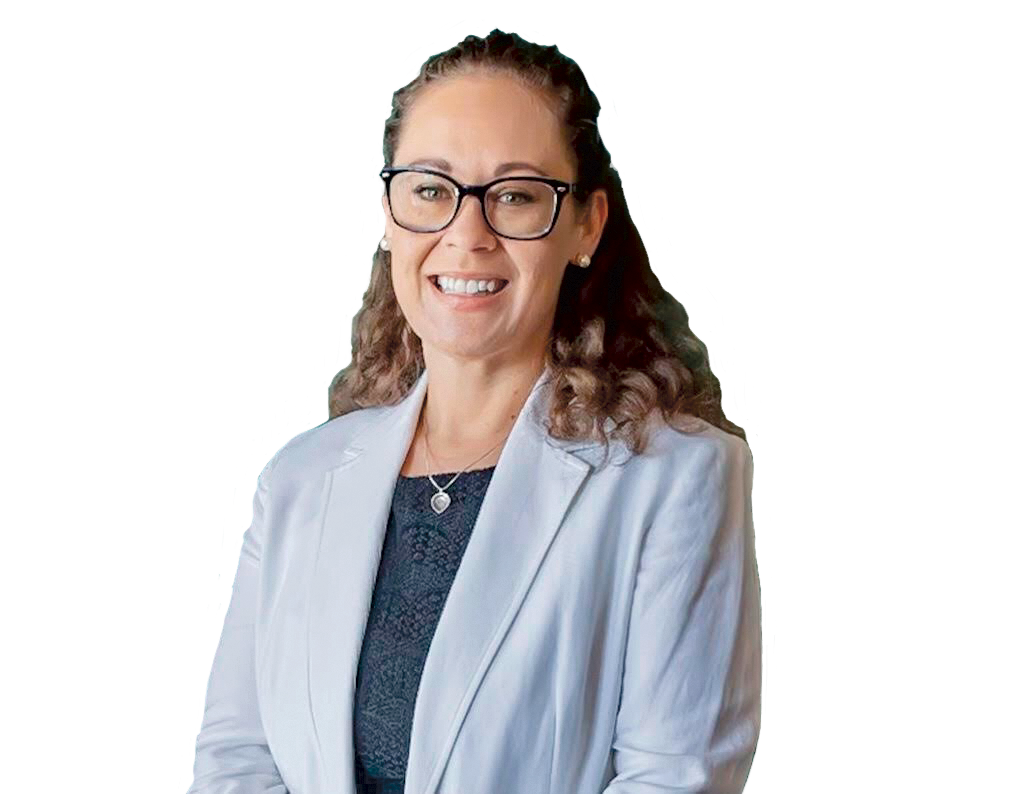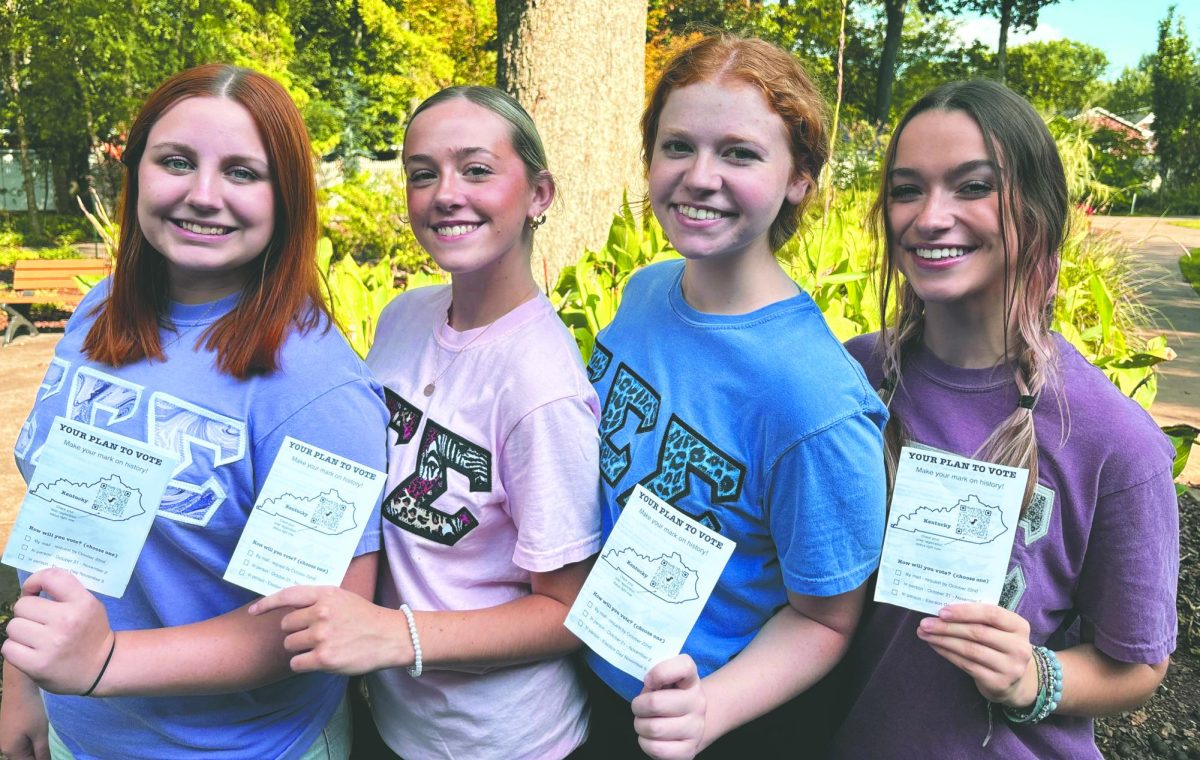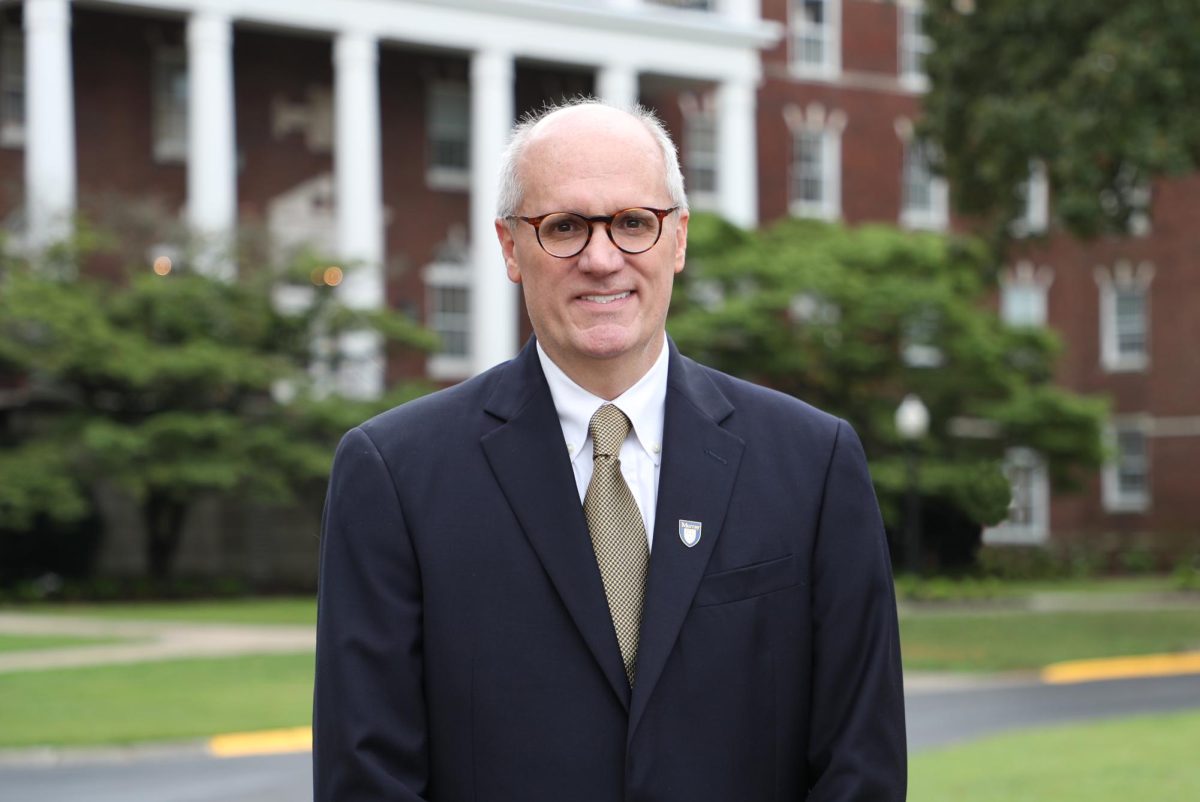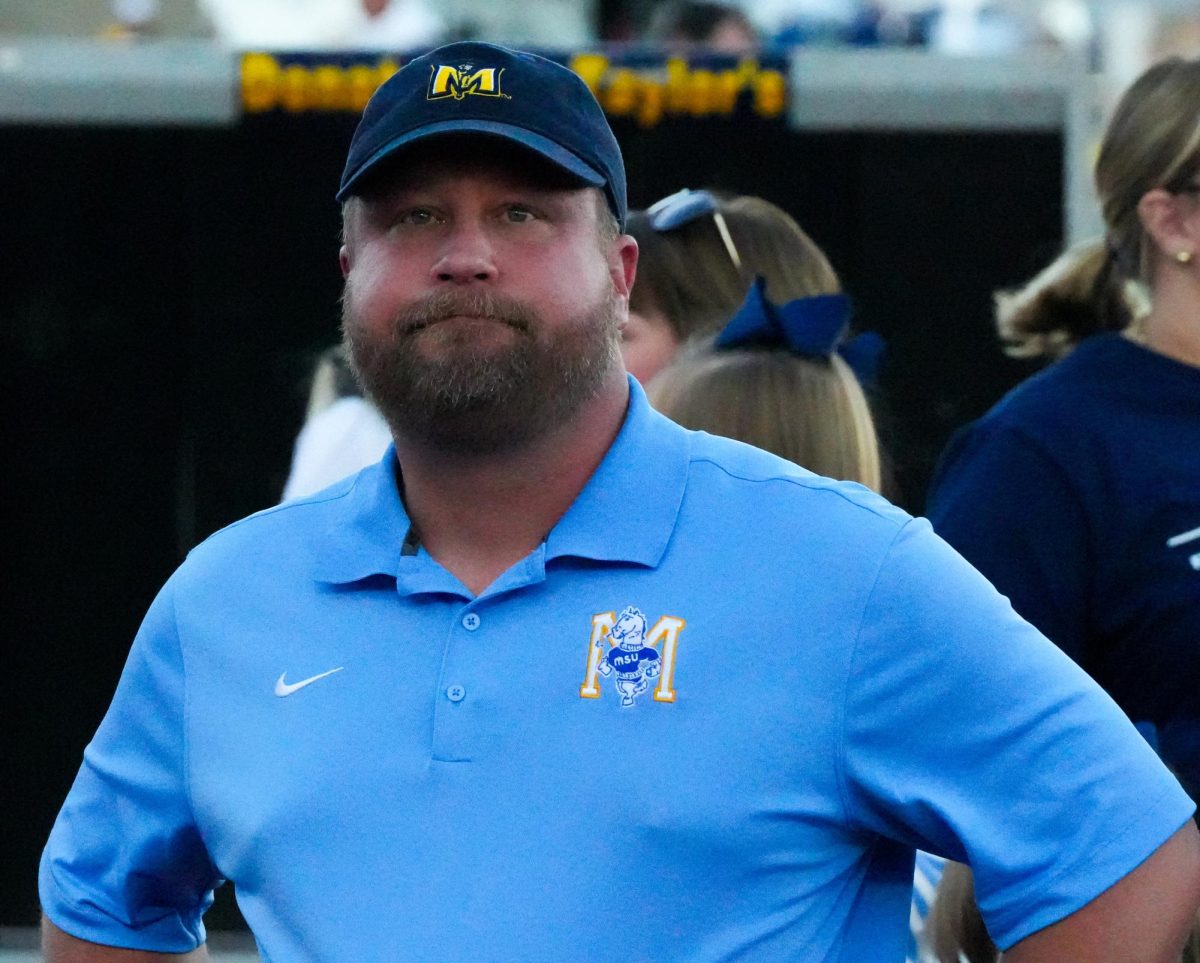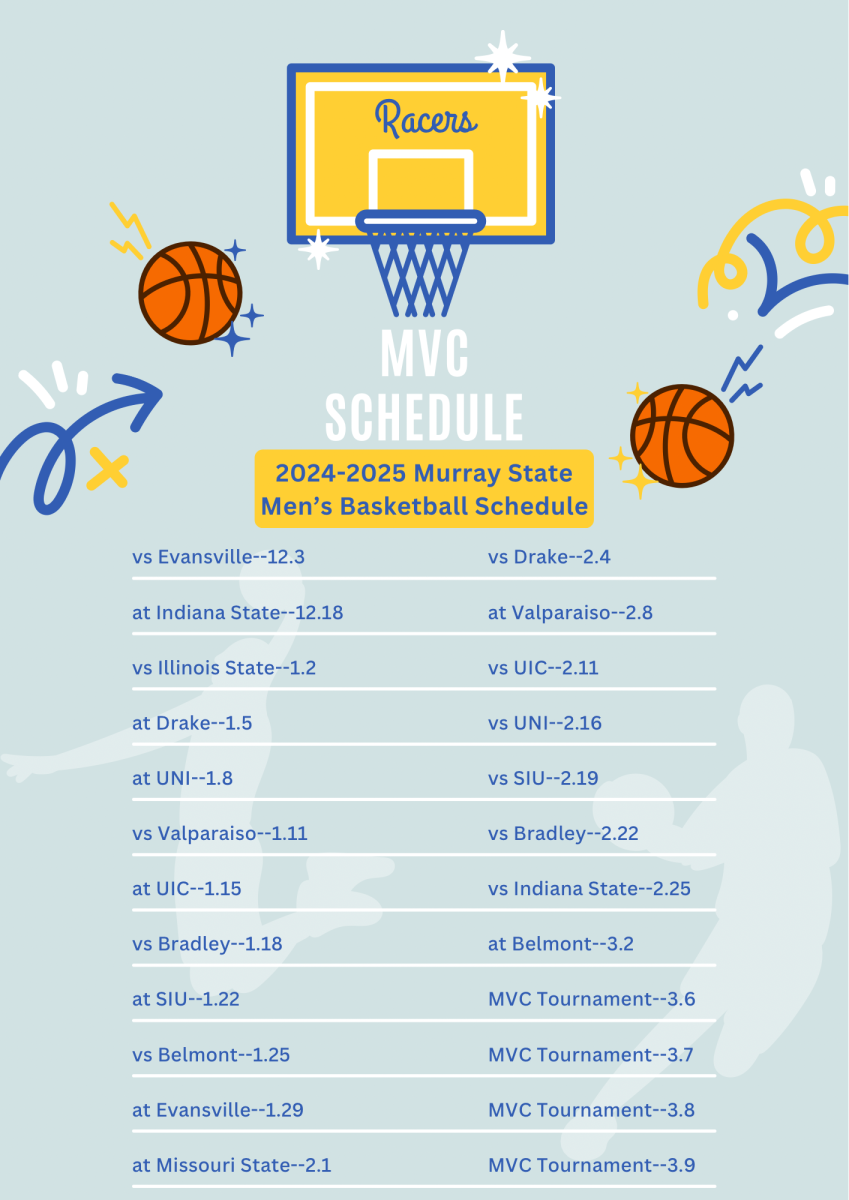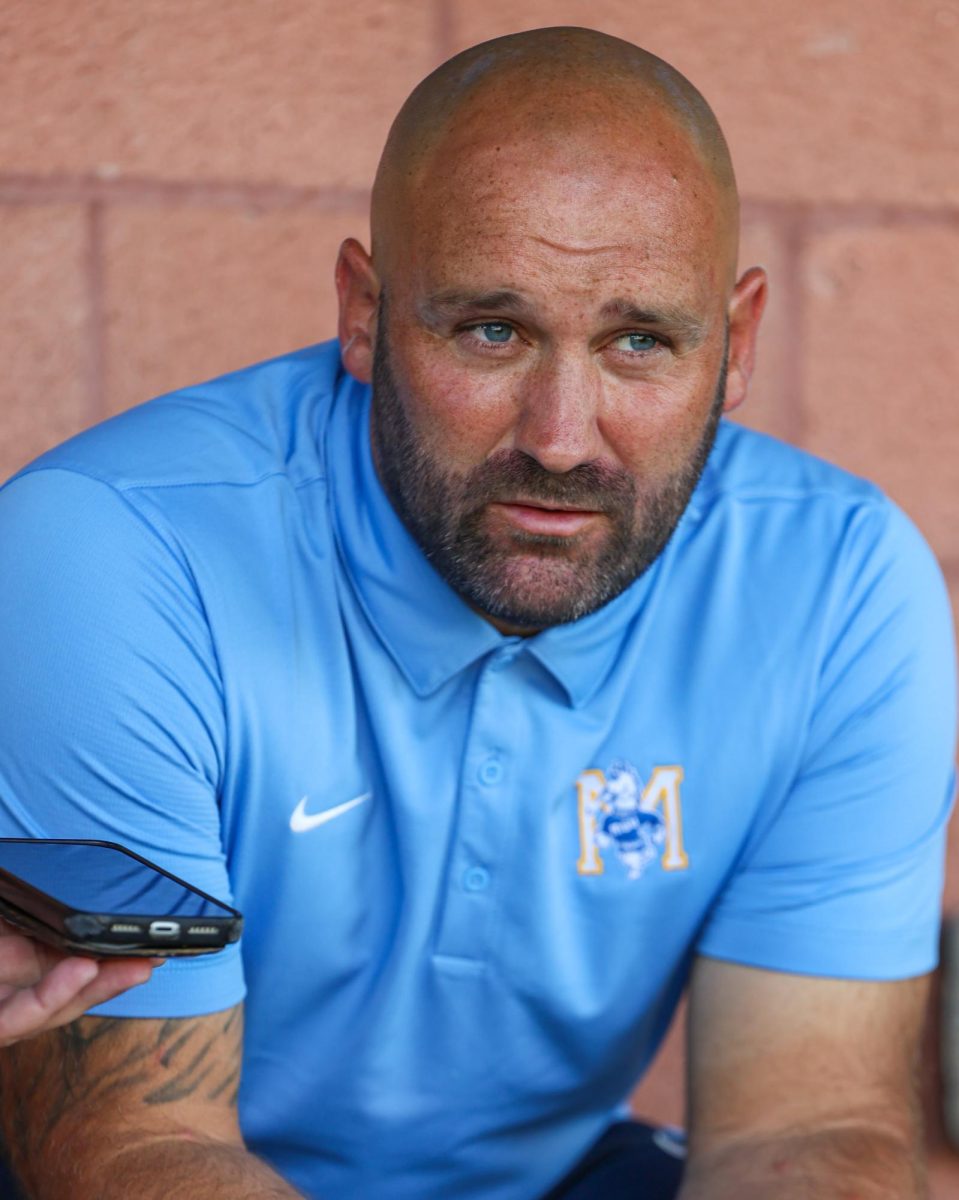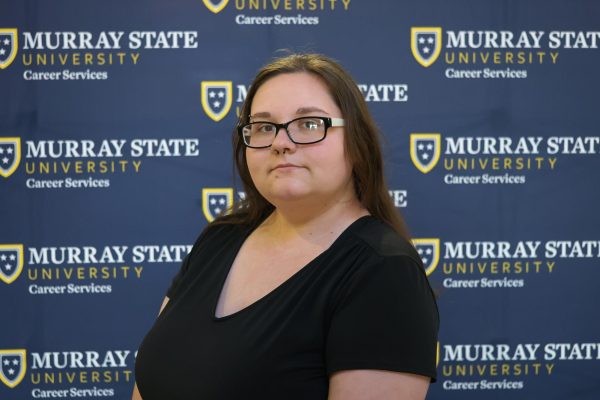Campaign aims to educate on sexual harassment
IDEA has been making posters aimed to bring awareness to sexual harassment since 2012. (Photo courtesy of Office of IDEA)
December 1, 2022
The Office of Institutional, Diversity, Equity and Access (IDEA) continues its passive program with campaign posters that aim to educate about the reporting responsibilities and where to report in situations involving sexual harassment.
The Office of IDEA strives to provide a safe and welcoming work and learning environment while preventing illegal discrimination and harassment.
As a part of the passive campaign, the most recent set of posters discussed sexual harassment and the two types of workplace harassment: quid pro quo and hostile work environment. Quid pro quo refers to a situation where someone says they will provide a benefit for sexual favors in return, which preys on power dynamic imbalances. A hostile work environment refers to an intentional recurring environment that is hostile or abusive.
The goal of the passive programming poster campaign is to provide key information about must-know terms like stalking, sexually exploitive behavior, relationship violence and consent.
“Think of the passive programming poster campaign as part of the annual ‘campus awareness tour’ efforts for the campus community, which can also serve commuters and prospective students as well,” Duffy said. “The passive programming posters appear in the RacerNation e-newsletter and are posted in print in high-traffic academic and residential areas of buildings on campus.”
The Office of IDEA has been making passive campaign posters centered around the responsibilities and locations to report since 2012. The campaign was expanded in January 2019 to partner with its active programming to assist in the spread of Title IX awareness.
“While this programming effort may be passive in name, it is the hope that these evergreen topics connected to raising awareness and visibility regarding Title IX will remain active in the minds of each member of the University community,” Duffy said. “As the adage goes, ‘When you know better, you do better.’ This ongoing evergreen effort is to continually increase the ‘know’ so that the campus community can continue to ‘do’ and ‘act’ in ways that sustain an environment that promotes a healthy, supportive University community.”
The Office of IDEA provides annual programming with presentations to groups like New Faculty Orientation, academic department meetings, First Year Experience sessions, First Year Athletes sessions, New Greek sessions, Emerging Scholars sessions, Nursing Leadership classroom sessions, Resident Adviser sessions, Residence Director sessions, Great Beginnings sessions and Racer Band sessions.
These programs offer information about Title IX by describing behaviors necessary to create a supportive community, requirements for reporting and campus resources.
Camisha Duffy, executive director of IDEA, said the office is constantly seeking opportunities to provide unbiased prevention education resources that will benefit the entire community.
“Providing information proactively can get conversations going and help campus community members learn about terms associated with conduct that constitutes Title IX violations and community respectful behaviors such as consent, active bystander interactions and reporting requirements for the campus community,” Duffy said.
There are both on-campus and off-campus resources available for those needing assistance or support.
These professional resources are required by law to report to appropriate officials if they feel concerned that you may be in physical danger, a danger to yourself or to others.
Anyone needing to contact the Office of IDEA or Title IX can do so by calling 270-809-3155.


